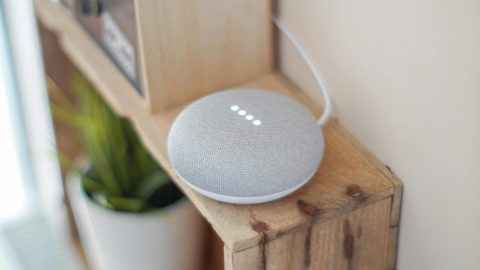Personalization is not just a trend; it’s a paradigm shift in advertising, marking a move from mass marketing to individualized engagement. In this landscape, voice overs are a potent tool, providing a direct and intimate way to communicate with the audience. Brands are increasingly harnessing the power of data analytics and Artificial Intelligence (AI) to craft voice over experiences that are not just tailored to, but essentially crafted for, individual listeners or specific audience segments.
Harnessing Data for Deeper Engagement
Data is at the heart of personalization. Brands are using sophisticated data analytics to understand their audience’s preferences, behaviors, and even emotional triggers. This data is then used to create highly targeted voice over content. For instance, a brand could use browsing data to determine a user’s interest in a particular product category and then deliver an ad with a voice over that speaks directly to that interest. This level of personalization means that the listener receives a message that feels like it was created just for them, making the engagement far more profound and impactful.
AI and Machine Learning: The Engines of Personalization
AI and machine learning are not just buzzwords; they are revolutionizing how voice overs are used in advertising. These technologies enable brands to not only analyze large volumes of data but also predict future consumer behaviors and preferences. For voice overs, this could mean dynamically altering the script, tone, or even the speed of the voice based on real-time data about the listener. AI can also facilitate A/B testing at an unprecedented scale, allowing brands to fine-tune their voice overs based on actual performance data, ensuring that the most effective version of the message is the one being delivered.
Dynamic Content Delivery
In the era of digital advertising, content delivery needs to be as dynamic as the content itself. With the advent of programmatic advertising, ads are no longer static but can change in real-time. Voice overs are an integral part of this dynamic delivery. Imagine a scenario where a voice over in a podcast ad addresses the listener by name, references their recent purchase, or even comments on the weather in their location. This level of personalization was unthinkable a few years ago but is fast becoming a reality, thanks to advancements in AI and data integration.
Emotional Intelligence in Voice Overs
Personalization is not just about delivering content that aligns with the listener’s preferences or behaviors; it’s also about connecting emotionally. Brands are increasingly looking for voice actors who can convey a range of emotions, making the voice over not just a message but an experience. The tone, pitch, and pace of the voice can be adjusted to match the listener’s mood or the intended emotional response, making the ad more effective and memorable.
The Ethics of Personalization
As with any technology that uses consumer data, personalization comes with a responsibility. Brands need to be mindful of privacy concerns and ensure that their use of data and AI in voice overs is transparent and ethical. This means not just adhering to data protection regulations but also being sensitive to consumer sentiments around privacy and data usage.
Personalization at scale is transforming how voice overs are used in advertising. By leveraging data, AI, and a deep understanding of consumer behavior, brands can create voice over experiences that are not just personalized but genuinely engaging. As this trend continues to evolve, it will undoubtedly open up new and exciting possibilities for brands to connect with their audience in a more meaningful and impactful way.


